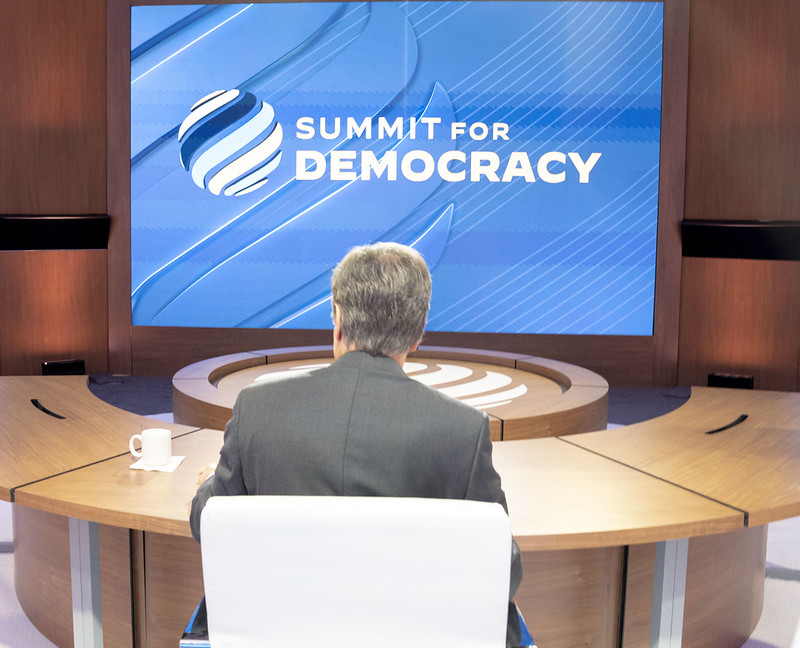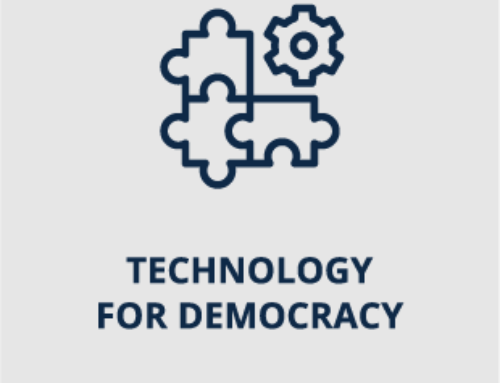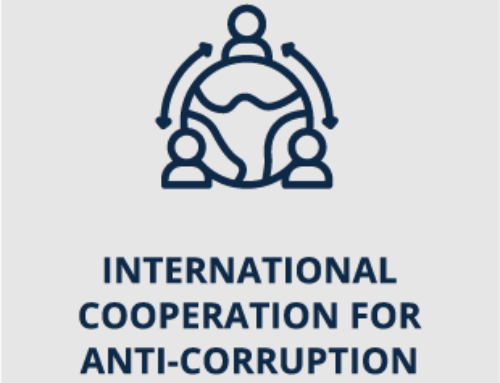The Summit for Democracy Gender Cohort on Gender Equality as a Prerequisite for Democracy successfully conducted four Regional Dialogues between 7th -14th December 2022. Several high level representatives of governments and CSOs participated in the Regional Dialogues for Asia and the Pacific, Africa, Latin America and the Caribbean, Europe and North America.
The overall/key question of the Regional Dialogues was; What are the major barriers to establishing and reforming democratic processes, institutions, legal frameworks, and socio-cultural practices that protect and advance gender equality and women’s political empowerment? In line with the key question the Regional Dialogues focused on the following three dimensions which have proven to be critical to gender equality and women’s empowerment;
Inclusion= unpacking the root causes or informal factors – including social norms and cultural practices – that perpetuate harmful stereotypes and undermine gender equality and women’s access, voice and influence in political and public life.
Legislative and policy frameworks= reflective overview on formal/substantive laws and policies and the extent to which the laws in place are translated or not translated into substantive gains/reality.
Conflict prevention, peace and security = what pertains at the individual, community, and societal levels- focus on the status of women, peace, and security broadly; national action plans and their implementation; the full and active participation of women in peace processes; and the security of women and girls, especially those living in fragile or conflict-affected countries.
As a follow up to the Regional Dialogues the Gender Cohort will convene Reference Groups that will provide substantive inputs that will inform the Statement of Commitments and the Policy Recommendations document on gender as a prerequisite for democracy for the Summit for Democracy. The Reference Groups will be convened in February for each of the three pillars identified by the Gender Cohort: 1) Inclusion 2) Legislative and policy frameworks 3) Conflict prevention, peace and security.
The inputs from the Reference Groups will build on key thematic areas/issues that were highlighted in the Regional Dialogues in order to identify specific policy recommendations that governments and civil society should scale up to advance gender equality within each thematic sphere.




